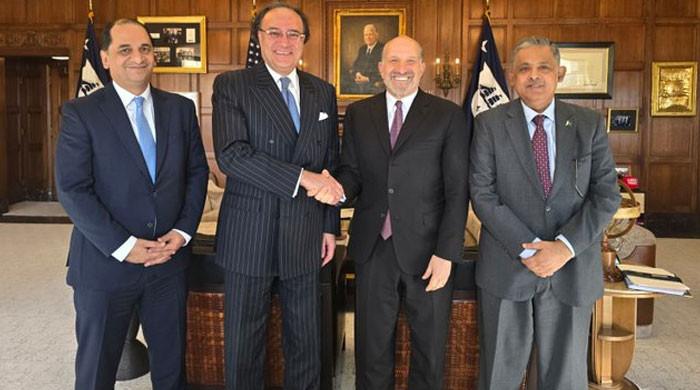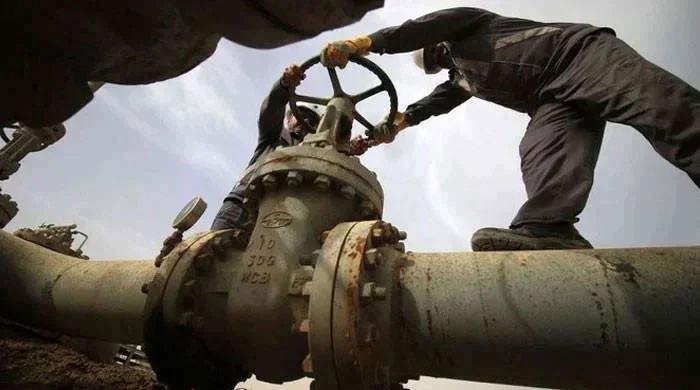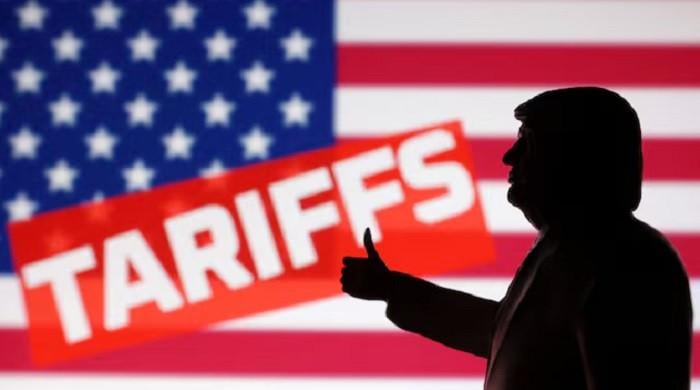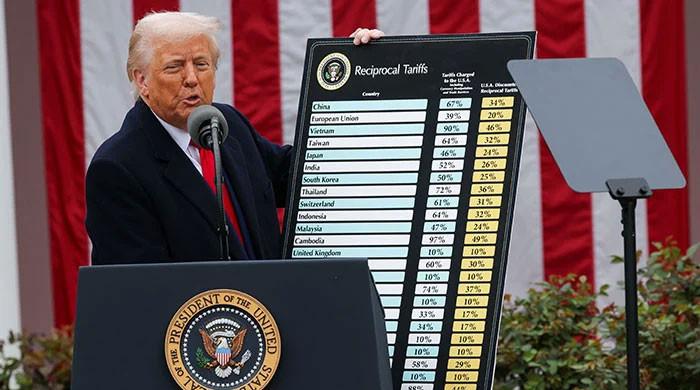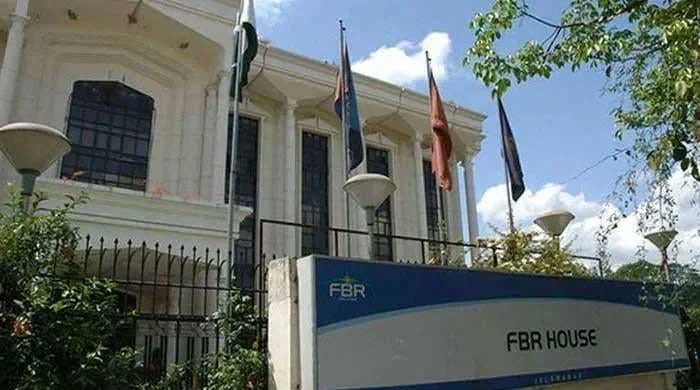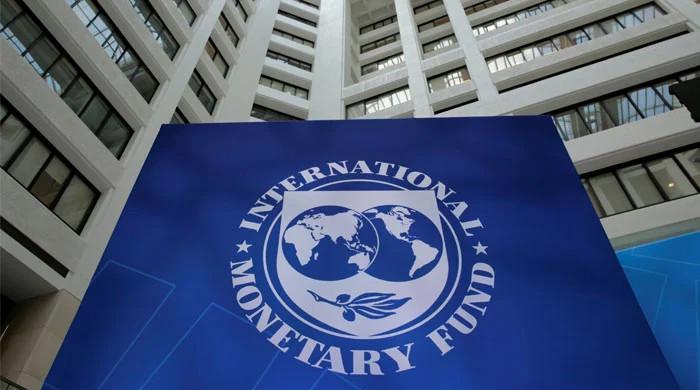Shabbar Zaidi appointed as FBR chairman
The prime minister made the announcement during a conversation with reporters and media personnel in Islamabad
May 06, 2019
ISLAMABAD: Prime Minister Imran Khan has appointed renowned chartered accountant and tax affairs expert Syed Shabbar Zaidi as chairperson of the Federal Board of Revenue (FBR).
The prime minister made the announcement on Monday during a conversation with reporters and media personnel in the federal capital.
Zaidi is a senior partner at A.F. Ferguson and Co, a leading accountancy and advisory company in Pakistan and a Price Waterhouse Coopers member firm. He has previously served as provincial finance minister in the Sindh caretaker cabinet in 2013.
Zaidi has also served as president of the Institute of Chartered Accountants of Pakistan and as chairman of the South Asian Federation of Accountants (SAFA) in the past, and has also authored several books, including Panama Leaks – A Blessing in Disguise – Offshore Assets of Pakistani Citizens, A Journey for Clarity and Pakistan: Not a Failed State.
The government is yet to issue an official notification for his appointment as FBR chairperson.
Zaidi's appointment comes days after the removal of Jahanzeb Khan from the position as head of the tax collection body.
On Saturday, the government appointed Dr Reza Baqir – a Pakistani economist working for the International Monetary Fund (IMF) – as the governor of the State Bank of Pakistan.
The key appointments to the key positions come as Islamabad seeks to finalise a bailout package from the global lender.
Last month, Finance Minister Asad Umar was asked to step down amid vital bailout negotiations with the IMF, suggesting the government wants to overhaul its financial team amid weakening growth rates and soaring inflation.
Prime Minister Imran Khan appointed Dr Abdul Hafeez Sheikh as Adviser on Finance following Umar's resignation, as inflation rose to its highest in six years.
The IMF is pushing Pakistan to embrace a more flexible rupee policy to end repeated boom-and-bust cycles, with many analysts arguing that the local currency is overvalued. The government has also been frustrated by the low tax collection rates during its first year in office, with the disappointing figures threatening the prime minister's promises to build a welfare state for the poor.
The central bank in March cut its economic growth estimates, forecasting the economy would expand 3.5 to 4 percent in the 12 months to the end of June, well short of a government target of 6.2 percent. The IMF paints a gloomier picture, predicting growth of 2.9 percent in 2019 and 2.8 percent next year.
Pakistan’s consumer price inflation in March rose to its highest since November 2013, hitting 9.41 percent year-on-year, before easing to 8.82 percent in April.




